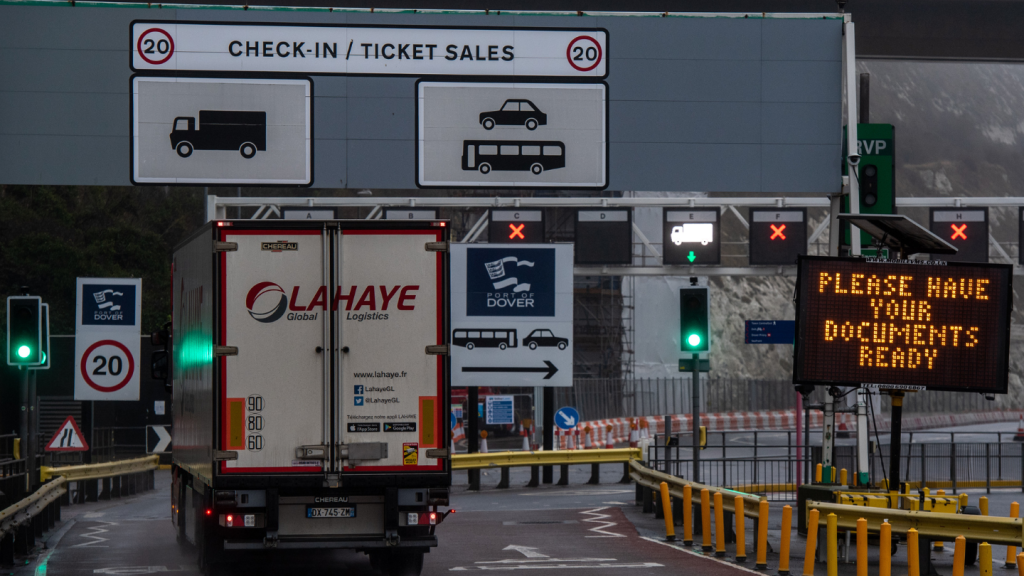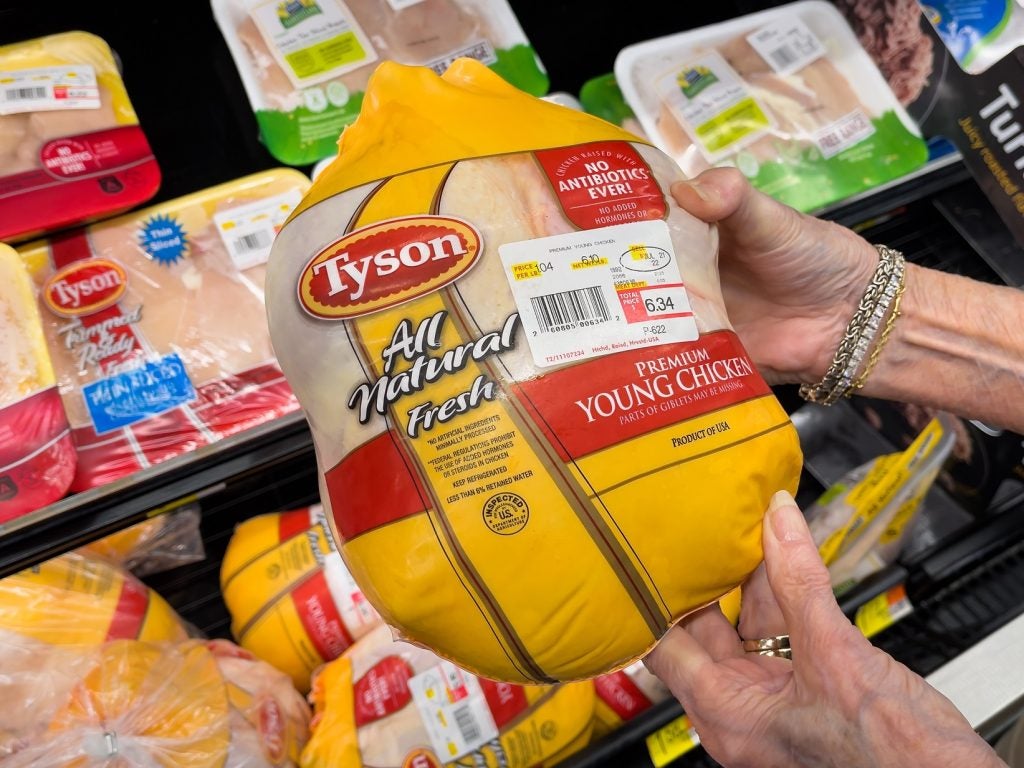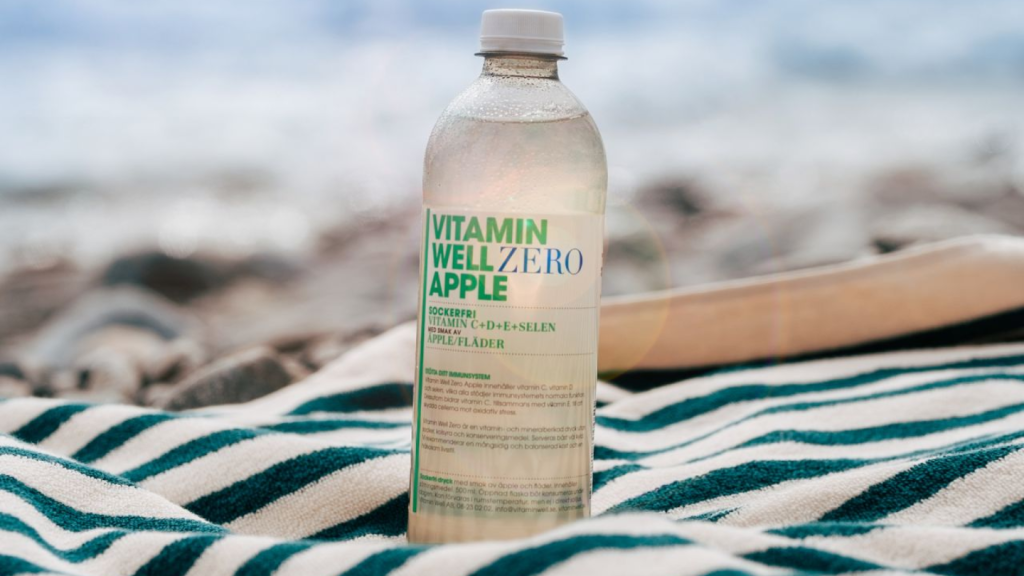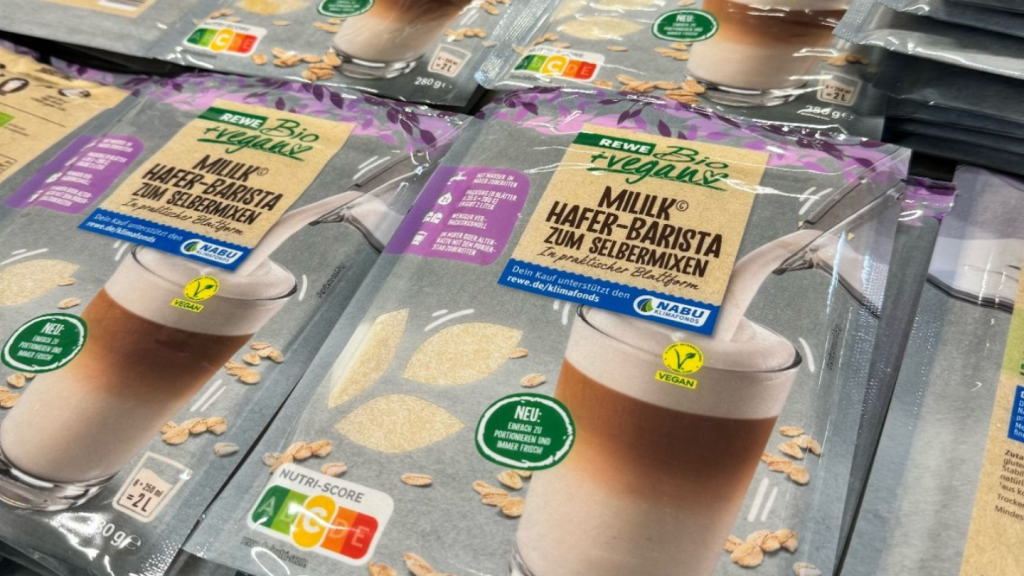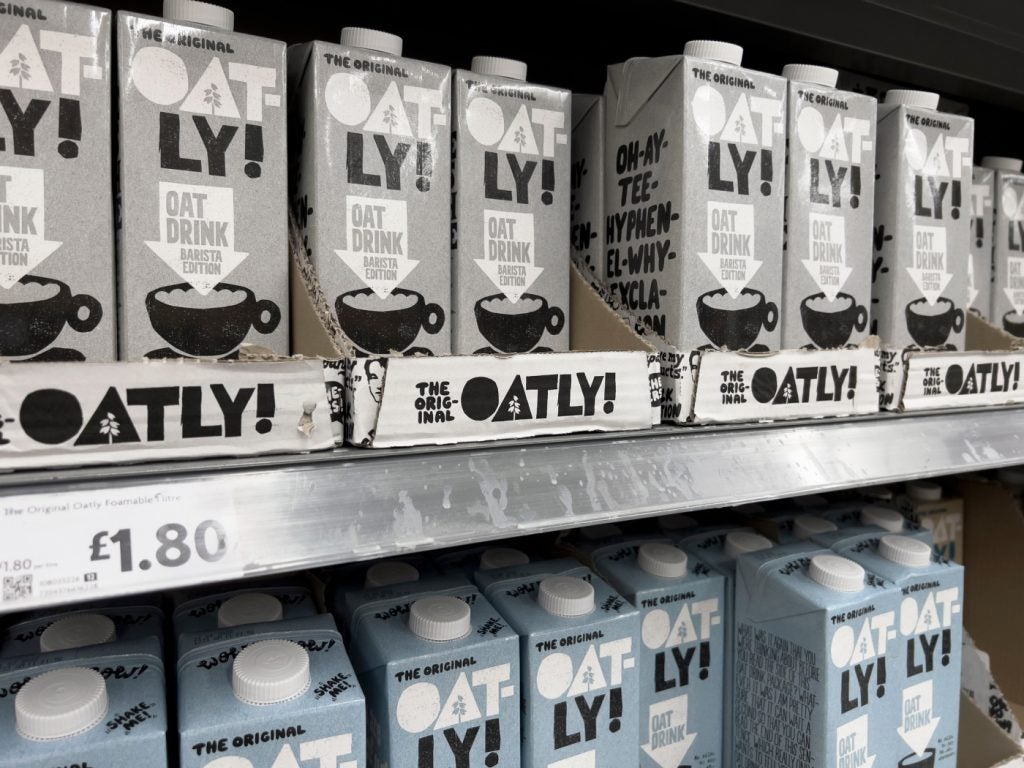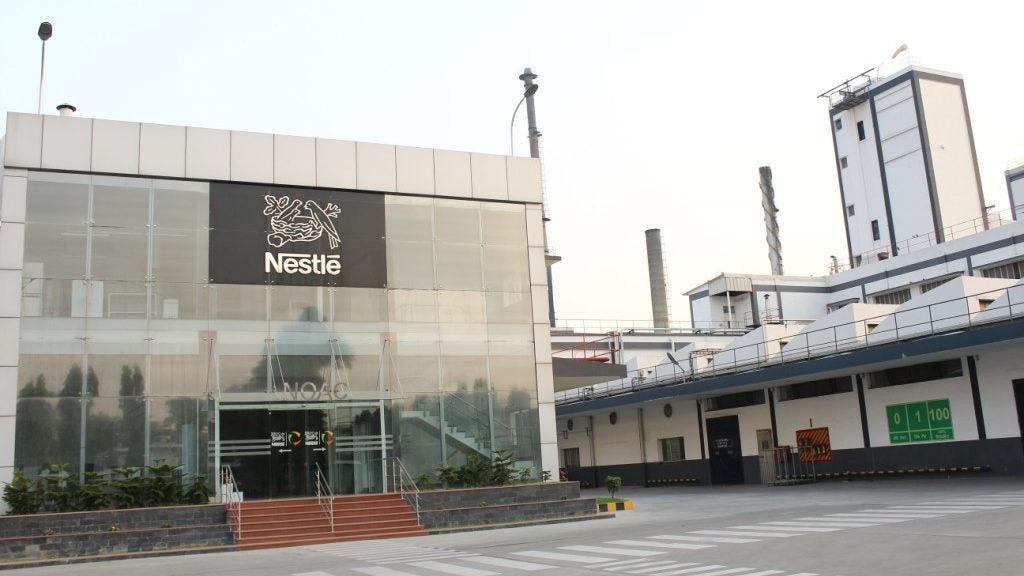A body representing the UK food industry has written a letter of complaint to the government saying a lack of testing capacity at the border means some EU imports are being sent back for checks.
The letter from The SPS Certification Working Group, which represents 30 trade bodies covering £100bn ($127.5bn) worth of the UK’s food supply, complained that the lack of lab facilities is resulting in extra costs, longer delays and, potentially, a shorter shelf life for food coming into the UK.
The new post-Brexit checks on animal and plant products coming into Britain were introduced in April. They are intended to enhance Britain’s biosecurity and stop the introduction of diseases into the UK from the continent.
But food industry bodies suggest they are not able to cope with the amount of imports being shipped in from the Continent and that some samples of imported foods are being sent to countries including Germany to be tested before they can be released at the border.
The SPS letter, quoted in the UK’s The Guardian newspaper, was sent to the new Environment Secretary, Steve Reed. It said that in some cases samples are being sent to UK laboratories and then forwarded on to facilities in Europe without the knowledge or consent of the originating food business.
The body was quoted as saying: “This requires raising an export health certificate to export the sample to the EU laboratory, representing additional cost, delay, loss of shelf life, and viability of the use of the foodstuff.”
Its letter also highlights 18 other issues with the border process that it says are disrupting trade between the EU and Britain.
Rod Addy, director general of the Provision Trade Federation (PTF), which is a SPS Certification Working Group member, told Just Food: “Testing capacity is a real issue for imports and exports.
“BCPs [border control posts] on both sides of the Channel were not geared up for the increase in volume of checks Brexit has entailed in terms of lab capacity, both staffing and length of time some tests take, so it continues to be a real challenge.
“As test capacity is still limited, costs are commensurate with sparse supply and high demand and this is a big strain, particularly on small- to medium-sized suppliers and may deter them from exporting. Recruitment and training of necessary staff has not reached optimum levels in many cases.”
Nan Jones, technical policy manager at the British Meat Processors' Association, which is also a SPS Certification Working Group member, said: "While we have not received any direct feedback from members regarding imports and lab capacity, this situation highlights the fact that the current system is unsuitable for short shelf-life products. While it is common practice for laboratories to sub-contract testing, this usually only affects frozen or shelf-stable goods, where an additional 24-48 hours would not impact shelf life or delivery schedules.
"However, most goods traded with the EU have a fast-moving, short shelf life. Therefore, any delays in distribution can significantly affect the final product and substantially increase transportation costs which inevitably will add to the price of food."
A Department for Environment, Food and Rural Affairs (Defra) spokesperson said: “Protecting UK biosecurity remains one of our key priorities, and we are working with border control posts to ensure they operate effectively and with traders to ensure checks are completed efficiently, swiftly, and without significant delays.
“We’re looking to improve the UK’s trade and investment relationship with the EU and will take a pragmatic approach to support businesses.”
The UK Livestock Chain Advisory Group, meanwhile, has also written to Reed with different concerns around imports.
In its letter, seen by Just Food, the group, representing 26 UK livestock trade associations, said it had “serious concerns” regarding border controls at Dover Port, the import of both legal and illegal products of animal origin (POAO) and the risk this presents to British biosecurity.
“We have collectively been concerned about the volume of illegal meat able to enter the country via the Short Straits at Dover Port for some time, and have repeatedly raised these concerns with previous Defra ministers,” the letter said.
It added: "It is now clear that not only does the scale of the issue suggest organised crime, even though those responsible are not penalised in anyway, that this is just the tip of the iceberg and therefore even greater resource is required, despite the suggested cut to funding.”
The body called this “a disaster waiting to happen, whether that disaster is African swine fever, classical swine fever or worse, Foot and Mouth Disease”.


